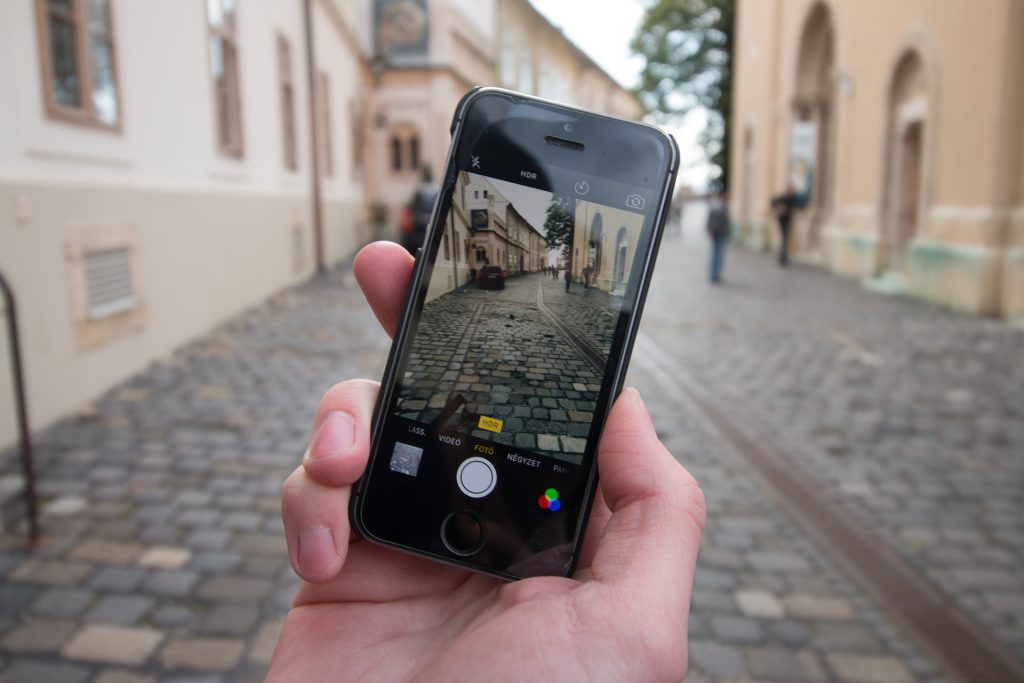Use Case: Intelligent Campus, Smart City
What’s the issue?
The Wikipedia definition of a smart city is “an urban development vision to integrate information and communication technology (ICT) and Internet of things (IoT) technology in a secure fashion to manage a city’s assets.”
These developments are also directly applicable to college and university campuses. Additionally, with extensive areas of city centre real estate and large numbers of people living and working in city centres, universities and colleges will be a big part of smart city development.
Typically smart cities plans are characterised by themes including:
- Transport
- Data and technology
- Energy and sustainability
- Wellbeing and leisure
These are also familiar Intelligent Campus themes.
Are there any current examples?
City transport authorities, such as Transport for London, are using data from sources such as travel cards and Wi-Fi access learn about travel patterns and improve services. Universities and colleges are major contributors to city transport loads, so bringing together intelligent campus data, about the movement of students and staff, with the city transport data can inform city transport planners, and provide real-time travel information to students and staff.
Newcastle University is working with the City Council to develop a Cooperative Intelligent Transport System (CITS) leading to a “Smart Corridor”. This will mean that buses on one of the main routes used by university staff and students will be controlled by digital technology. This will allow buses to “talk to” traffic lights, maybe holding green lights for a short time or redirect drivers past congestion, improving journeys and reducing delays. The development of this intelligent infrastructure will lead to reduced air pollution, improve safety for cyclists and even lead to the use of driverless vehicles.
In Milton Keynes, as part of the MK:Smart initiative, the Open University and Bedfordshire University are providing the MK Data Hub to manage and allow access to hugh quantities of data from city systems. The sources include the local authority, government, business, and private contributors. Application developers can use the data relating to energy, water use transport etc., via APIs and software tools, to create applications.
Many smart city initiatives are investigating microgrids which provide local energy requirements without being dependent on the traditional power grid. A number of universities are developing microgrids for their energy requirements. These systems have the potential, using artificial intelligent techniques, to be more reactive and flexible. They will provide and store energy based upon forecast weather conditions, resources available and the current (or predicted) need. For example the University of California has a microgrid providing its San Diego campus, of 45,000 people, with electricity (85%), heating (95%) and cooling (95%). It consists of a mixture of solar, gas and steam turbine power. These university campus systems are acting as test beds for the wider city and, as they are rolled out, will become a major plank of the smart city.
Universities and colleges will increasingly offer tailored, and personalised, student apps for smartphones that are informed by the intelligent campus. These will communicate with the smart city and the data it provides, including travel, leisure and wellbeing information.
It is clear that an intelligent campus can be the testing ground and incubator for smart city initiatives. The development of close relationships between the city and university or college, using the internet of things, artificial intelligence and widespread data collection and sharing, will be of benefit to both parties.
What about ethical and other issues?
The exchange of data between the smart city and the intelligent campus will, as with many similar developments, need to be handled carefully. Issues of privacy and security will be of great concern to all of the stakeholders.
The range of stakeholders involved will also be a major issue, both the city and the university or college will have a number of diverse stakeholders. Coordinating these groups, who may not have worked together before, is likely to be as challenging as the development of the required technology.





